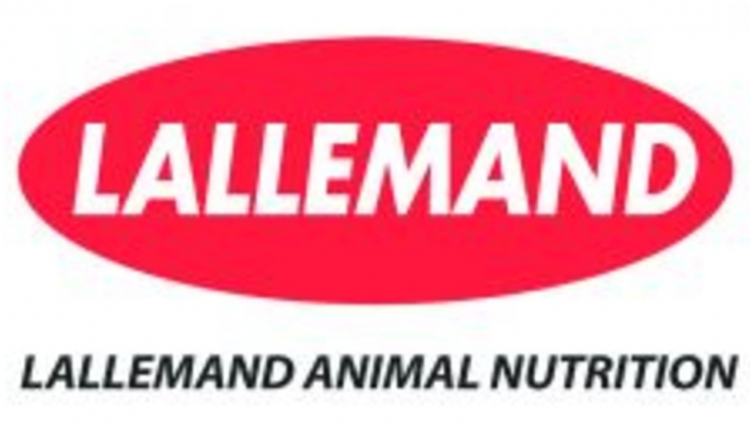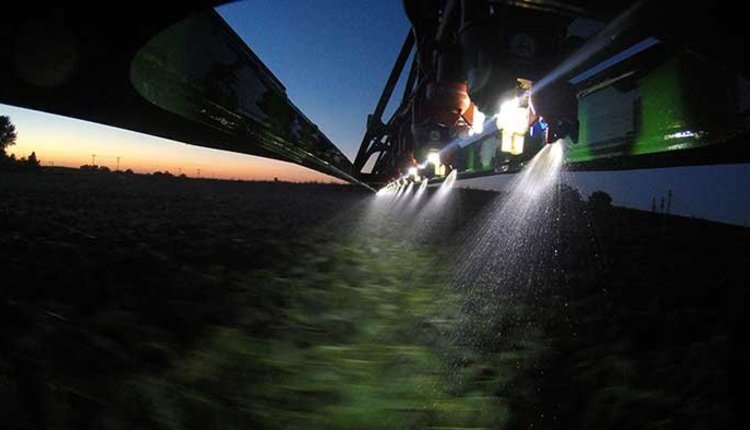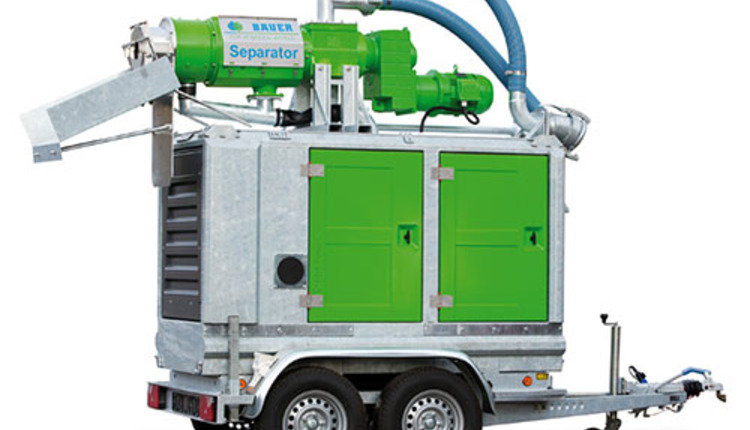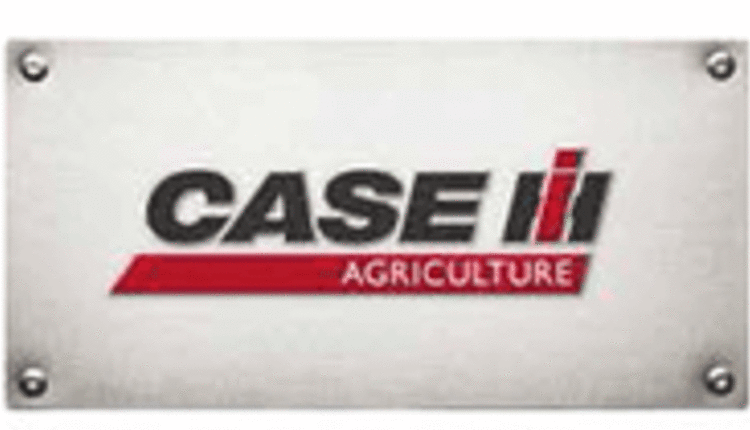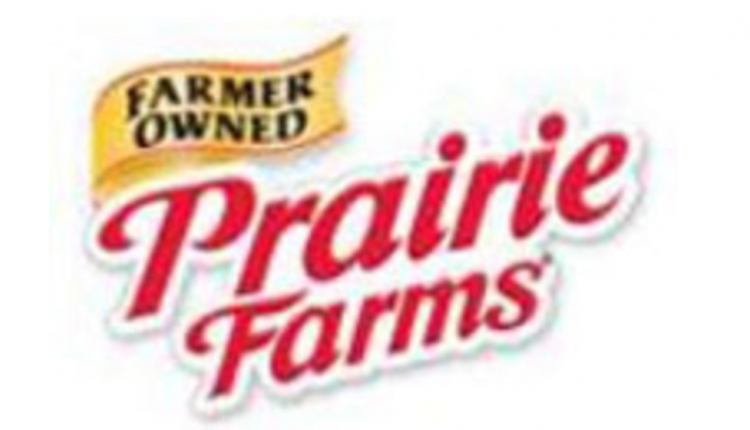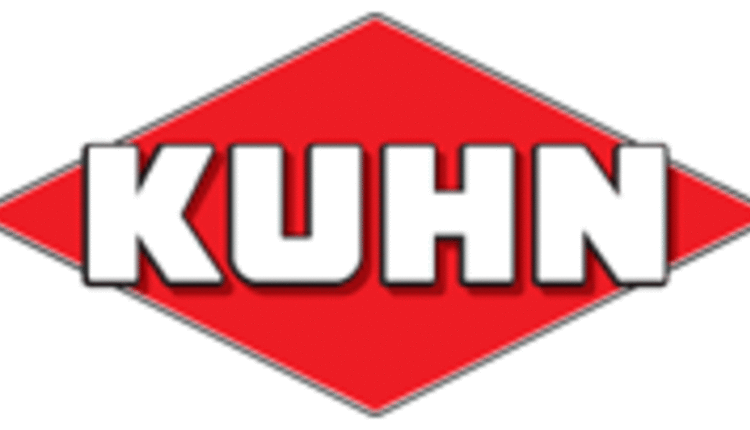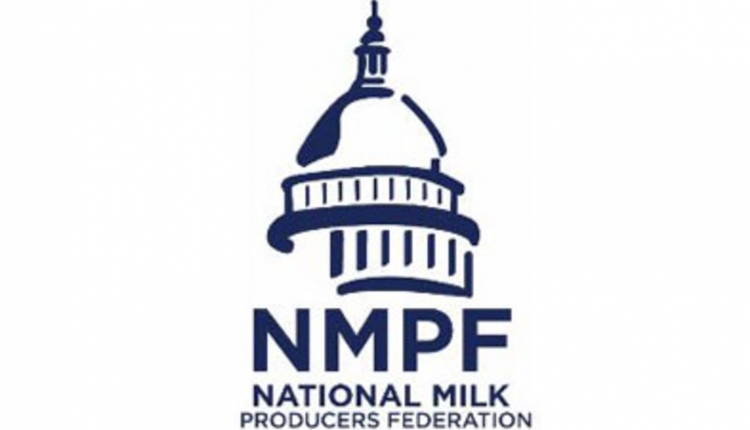
Fifth annual U.S. Dairy Sustainability Awards recognize leaders in waste reduction, energy efficiency and addressing food insecurity
The Innovation Center for U.S. Dairy®, established under the leadership of dairy farmers, announced its fifth annual U.S. Dairy Sustainability Awards during a ceremony May 11 in Chicago. The program recognizes dairy farms, businesses and partnerships whose sustainable practices positively impact the health and well-being of consumers, communities, animals and the environment.
"The nine honorees have truly integrated sustainability into their businesses to achieve not only economic success but also to support the well-being of their communities and our planet," said Barbara O'Brien, president of the Innovation Center. "Their achievements throughout the value chain, both large and small, significantly advance the dairy community's leadership in sustainable business practices."
Judges evaluated the nominees' sustainability practices based on their economic, environmental and community impact, also known as triple-bottom-line success. The independent judging panel - including experts working with and throughout the dairy community - also looked for learning, innovation, improvement, scalability and replicability.
With collaboration, long-term planning and creative problem-solving, the 2016 award winners successfully addressed waste and nutrient management, food insecurity, water quality protection, energy efficiency and other sustainability issues.
"For the past five years, we've had the opportunity to see hundreds of examples of how the dairy community is working toward a sustainable future. Some are innovative breakthroughs and others are everyday practices that bring continuous and sustainable improvement," said Paul Rovey, an Arizona dairy farmer, member of the judging panel and chair of Dairy Management Inc.TM "Best of all, most of the winning ideas can be adopted by others to extend the reach of our sustainability efforts."
The 2016 U.S. Dairy Sustainability Awards winners are:
Outstanding Dairy Farm Sustainability
Bateman's Mosida Farms, Elberta, Utah - The Bateman family regularly hosts visitors to show that even at the biggest dairy in the state, focusing on details makes sustainable differences for the animals, their product and the environment. A new maternity barn has improved the health of calves and mothers, and the manure management and sand reclamation systems allow the dairy to capture beneficial nutrients for fertilizer, conserve water and reduce the sand used for bedding. A solar energy project is underway as the family begins preparations for its next generation to join the dairy farm.
Jer-Lindy Farms LLC, Brooten, Minnesota - Jer-Lindy Farms proves that sustainability can be profitable, no matter the farm size. The family integrates sustainability into almost every aspect of their 200-cow operation in order to sustain it for the next generation. As stewards of the land, Jerry and Linda Jennissen pursued water-quality certification, precision application of lime and the elimination of commercial fertilizer on the fields. Energy efficiency measures reduced the farm's energy use by 20 percent. When the Jennissens' daughter wanted to return to the farm with her husband, the family opened Redhead Creamery, a farmstead cheese operation that also helps them share their production story with thousands of visitors every year.
Siemers Holsteins, Newton, Wisconsin - Dan Siemers describes his family as both "cow people" and "land people" - with responsibility for taking care of their soil as well as they do their cows. They accomplish both goals by focusing on long-term solutions and data-driven approaches. Success starts with an intensive 2.5- acre soil testing grid and regimen that incorporates soil sample results, manure tests and yield, and cropping practices to allow for finer-scale management of nutrient application. By harnessing data to manage forage production and cow health, Siemers Holsteins has improved milk yield by 19 percent and corn silage production by 30 percent, all while avoiding 715 metric tons of greenhouse gas emissions.
Honorable Mention: Homestead Dairy, Plymouth, Indiana - The growth of Homestead Dairy, now home to 2,400 cows, has been fueled by a sustainable business plan designed to allow three more members of the family to join the farm. Operated by the Houin family in Indiana, Homestead Dairy installed a methane digester to generate additional revenue and improve the farm's manure and nutrient management. Each day, the digester produces 800 kilowatts of energy, which is sold back to the electrical grid. Recycled biosolids from the digester system provide 100 percent of cow barn bedding. Other sustainable practices include recycling water, using nutritious byproducts from other food manufacturing facilities including a local chocolate manufacturer as cow feed and implementing the best nutrient management practices on cropland.
Outstanding Dairy Processing & Manufacturing Sustainability
Agri-Mark Inc. and Cabot Creamery Cooperative, Waitsfield, Vermont - Real Farm PowerTM is the latest in a series of sustainability projects pioneered by the 1,200 dairy-farm families of Agri-Mark dairy cooperative, owner of Cabot Creamery Cooperative. The program takes a closed-loop approach, recycling cow manure, food scraps and food processing by-products to produce renewable energy. Real Farm Power reduces greenhouse gas emissions by 5,680 tons annually while generating 2,200 megawatt hours (MWh) of renewable energy to offset the power needed to make CabotTM butter. The $2.8 million project is expected to have a six-year payback, and it offers a blueprint for scaling anaerobic digester technology to small- and medium-sized dairy farms.
Honorable Mention: Foremost Farms USA and Schreiber Foods Inc., Richland Center, Wisconsin - Foremost Farms and Schreiber Foods produce dairy products at separate plants in Richland Center, Wisconsin. Although under certain circumstances the two could be considered competitors, the companies joined forces to construct Richland Center Renewable Energy (RCRE), a state-of-the-art water-treatment facility that generates renewable energy from both dairy plants' wastewater. With capacity to treat up to 1.4 million gallons of water per day using anaerobic digesters, RCRE reduces waste-hauling costs and takes stress off the local municipal treatment plant. The project serves as a road map for other dairy production facilities seeking to manage waste streams in an effective, efficient and sustainable manner.
Outstanding Achievement in Resource Stewardship
Yahara Pride Farms Inc., Brooklyn, Wisconsin - The Yahara Pride Farms conservation board brings together farmers, agronomists and local businesses to proactively support community and environmental health and fiscal sustainability. This rapidly growing partnership focuses on soil conservation and effective manure management in order to improve land and waterways in Dane County, Wisconsin. A voluntary certification program recognizes individual farms for nutrient management successes, and educational events share best practices for preserving soil and water quality. One of the most innovative solutions implemented by Yahara Pride Farms is a cost-sharing program giving farmers the opportunity to test new technologies with minimum risk. In 2014, participating farmers planted 4,732 acres of cover crops, keeping 629 pounds of phosphorus out of area waterways.
Outstanding Achievement in Community Partnerships
Noblehurst Farms Inc., Linwood, New York - Through a food waste cooperative formed by Noblehurst Farms, food waste and scraps from 30 W egmans stores, as well as universities and schools, is gathered and delivered to a digester at the dairy. This collaborative effort not only keeps tons of food waste out of landfills, it also provides enough energy to power the 1,800-cow dairy. Key to the project's success is the safe and efficient collection and transport of the food scraps using specialized rolling carts. The results: 500 tons of waste diverted from local landfills per month, reduced greenhouse gases and a win-win for the farm, community and retailers.
Honorable Mention: Central Pennsylvania Food Bank, Harrisburg, Pennsylvania - The Central Pennsylvania Food Bank (CPFB) worked with partners to create a sustainable, replicable model for supplying milk to children and adults who depend on food assistance. CPFB, licensed as a charitable milk subdealer, worked with dairy partners to create a fresh milk program that provides 5,000 quarts - or 20,000 servings - of milk per week to families in need. Building on the success of the CPFB's model, and a similar initiative in Pittsburgh, the fresh milk program is expanding to all eight of the Feeding Pennsylvania food banks. In 2016, this first-ever statewide charitable milk program is expected to provide more than 2 million servings of milk to Pennsylvania families.
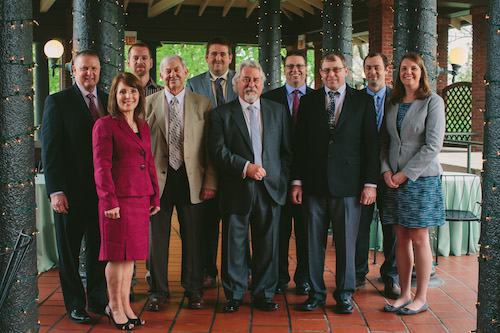
About the U.S. Dairy Sustainability Commitment and Awards Program
The U.S. Dairy Sustainability Commitment and the Sustainability Awards program are supported by gold- and silver-level sponsors. This year's gold-level sponsors are: DeLaval, Elanco, U.S. Environmental Protection Agency and W orld W ildlife Fund. Silver-level sponsors are: Academy of Nutrition and Dietetics, Conservation Technology Information Center, DSM, Milk Processor Education Program (MilkPEP), National Council of Farmer Cooperatives and Syngenta.
The awards program is part of the U.S. Dairy Sustainability Commitment, an industrywide effort to measure and improve the economic, environmental and social sustainability of the dairy community. To learn more about the U.S. Dairy Sustainability Awards, the winners and the best practices in place at their operations, visit DairyGood.org.
5.19.2016

